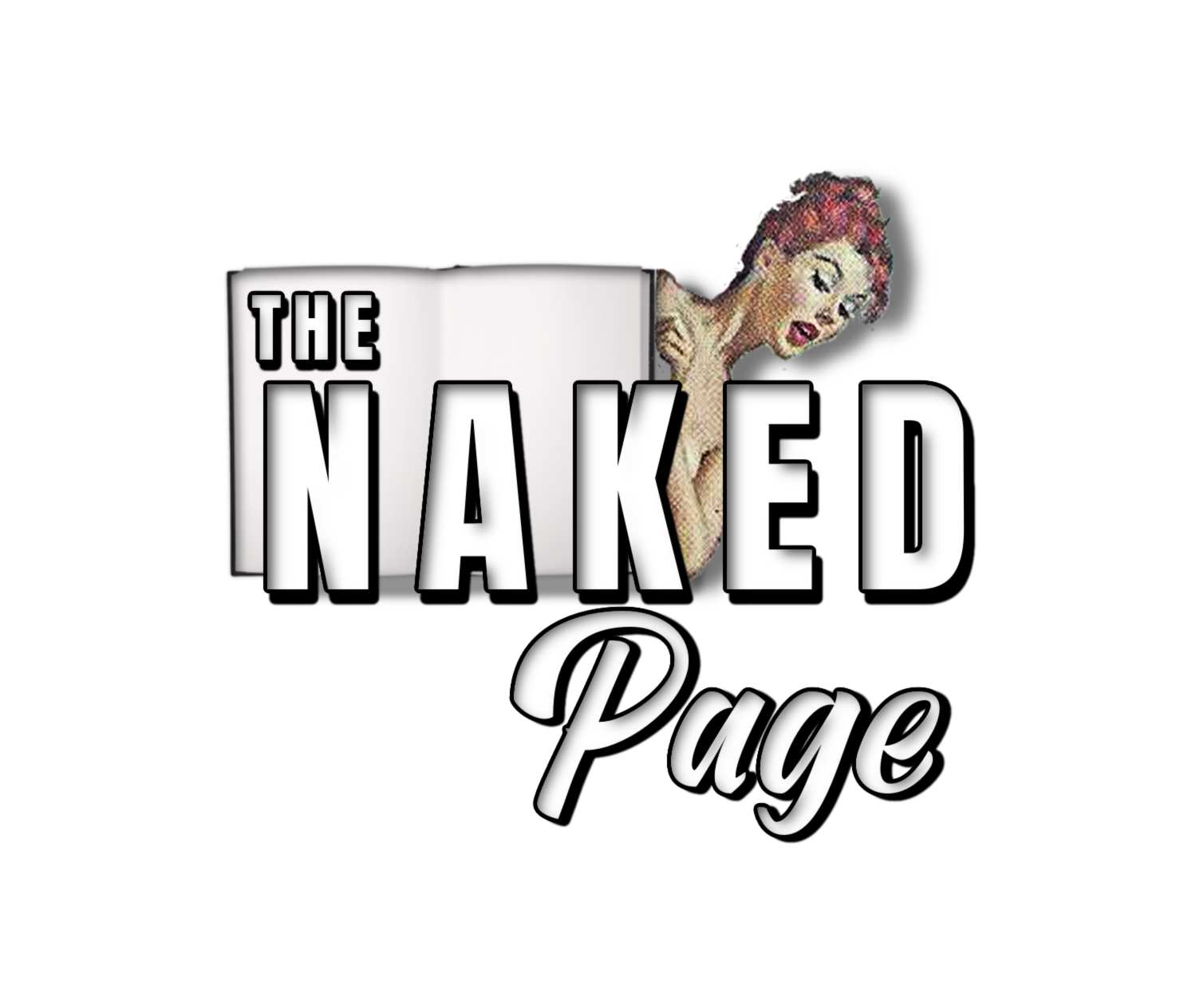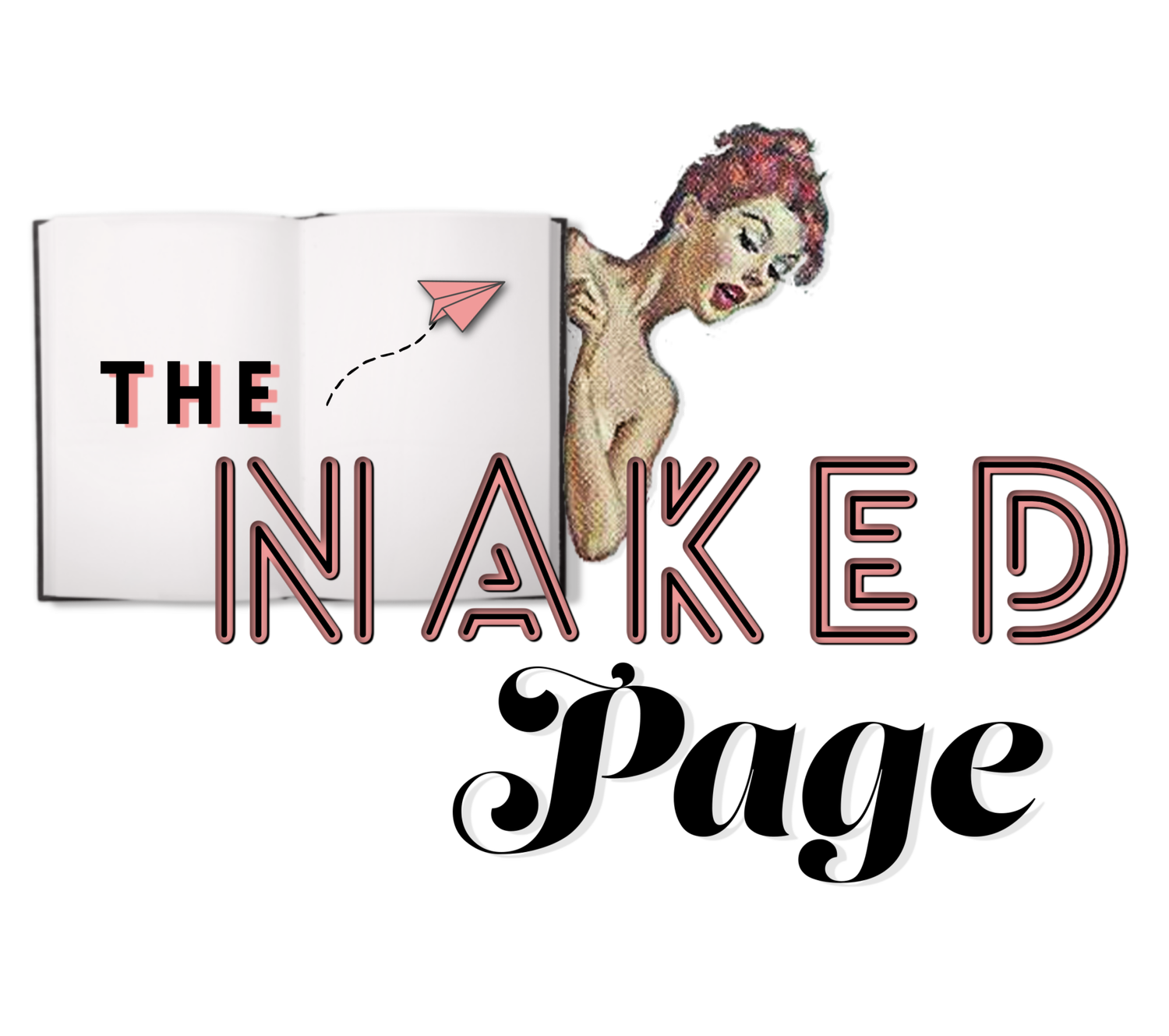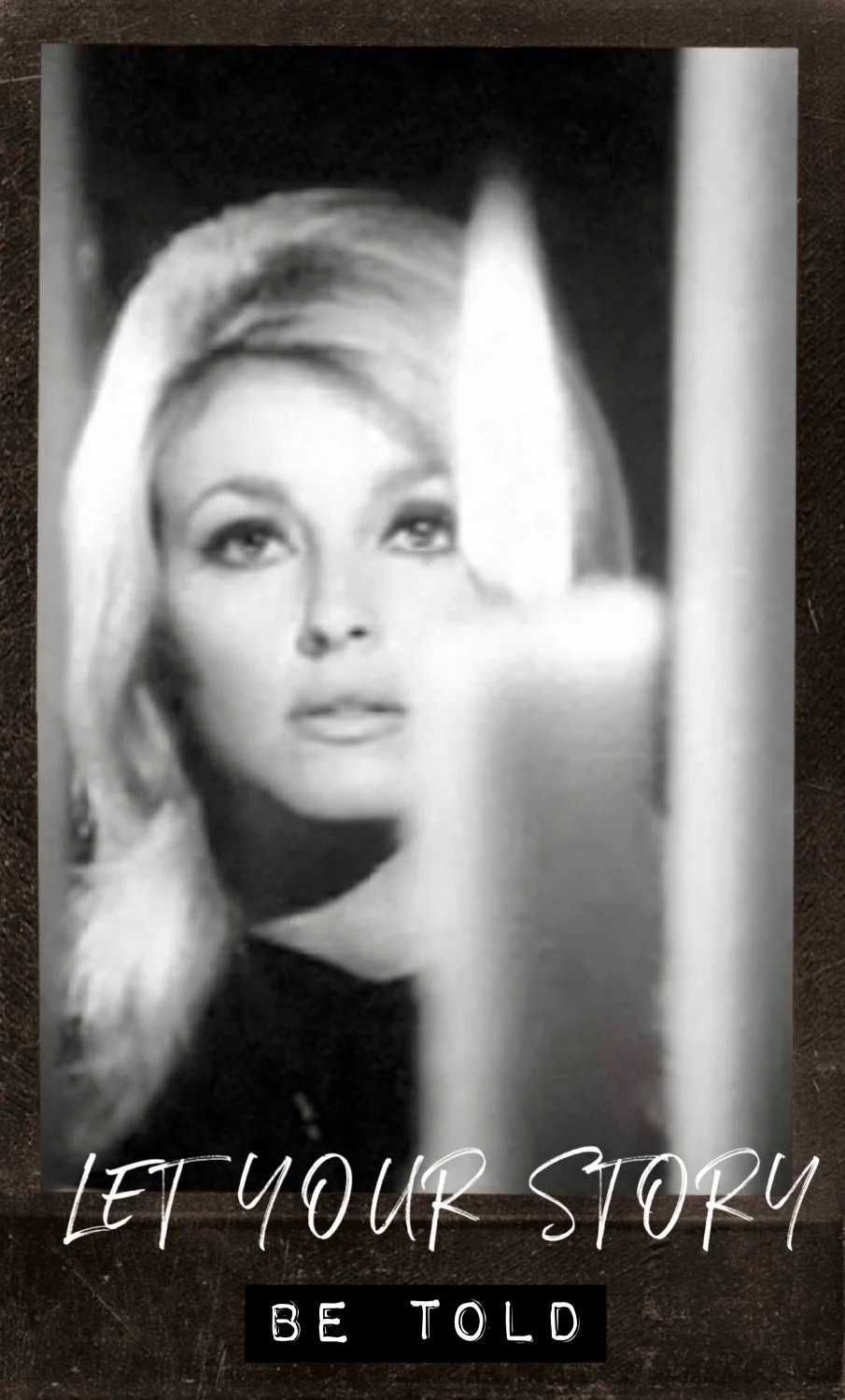Why I Wrote about My Miscarriage
When the doctor said there was no heartbeat, I went out of my body. I know I began to sob uncontrollably until the sound inside of me became guttural. I know I moved from the table to the chair and tried to climb over it to escape myself. I also know that watching my boyfriend Aaron’s face crumble into his hands was the single most devastating part.
It felt as if I was watching myself from the outside looking in.
I was a shell of a person until we got home. The baby was gone and had taken me, too. When I finally came back to myself, I was stuck carrying a lifeless baby in my body. With no bleeding or outward indications of miscarriage, the doctor said she would have to perform a D&C, but it wouldn’t happen until the following week.
Who was I? And what was I supposed to do in the meantime?
We returned home and all I could hear was the incessant chirping of birds outside the kitchen window.
“It’s springtime and the baby’s dead.”
The line came to me immediately.
I laid down in my sorrow to wallow. Eventually getting up only to have Aaron take me for a wine and cigarette run. I decided to get drunk. Then I went out back and smoked an entire pack. My health didn’t matter now.
I kept hearing those birds and thinking of that one line:
"It's springtime and the baby's dead.”
Aaron set up a workspace for me in a spare room next to his office. I didn’t think I would use it. I wanted to stay in bed. But that one line wouldn’t let go of me. I entered the makeshift office and typed it out.
More lines started to flow.
Eventually, I had birthed the beginning of a Science Fiction story about a futuristic woman who worked in reproductive ecology. When her mission went wrong, she fought back with science instead of emotion. Science continued to fail her until eventually she was forced to give into her vulnerabilities and feel something.
I started eavesdropping on Aaron's conference calls. To me, he’s a super hero recovering alcoholic (and writer) who helps other addicts and volunteers at a homeless shelter, but to his colleagues at his day job he’s a healthcare software analyst who speaks techie. Overhearing his dry lingo during one of his business calls provided much of the language I used for my sci-fi story.
I listened and furiously took notes.
When I began feeling sorrow creep back in, I researched miscarriage.
I remembered Tori Amos having one and that she wrote The Choirgirl Hotel album to cope.
As it turns out, Tori Amos had three miscarriages, carrying her fourth baby to term. And then I read about Kirstie Alley who later admitted that after losing a baby, she denied it, choosing instead to hold on as if she were still pregnant. The list of women both famous and ordinary who suffered miscarriages seemed endless.
I noticed a clear distinction between those who put their pain to use in their art and those who felt unable to communicate their grief.
My thoughts also turned to Anne Rice who after losing her young daughter to Leukemia says she sat drunk with grief on her New Orleans porch until Interview with a Vampire manifested itself. And then the Queen of Southern Gothic led me to the Queen of Macabre, Mary Shelley. Shelley suffered so many miscarriages and stillbirths that penning the horrors of Frankenstein’s Monster gave her an outlet to better handle the chasm between life and death.
I suddenly felt in good company.
Prior to my miscarriage, I had broken the taboo of not telling anyone I was pregnant before my second trimester. On vacation to Key West with Aaron's giant Irish Catholic family, I knew I'd never get away with not drinking. He was the recovering alcoholic, not me. Without a reason for not drinking, the questions would certainly come, especially from his mom.
"It'll be fine,” he kept reassuring me.
Yeah right. As we stood in the baby aisle of the Winn Dixie in Nowhere, Florida we whispered about how to broach the subject, steering clear of aunts, cousins, nieces, and nephews who were roaming the aisles loading up on vacation snacks.
"Look what I got us!" His mother beamed when she rolled up with a cart full of fruit, cheese, and several bottles of wine.
I knew the "us" referred to me, not my sober-for-5-years boyfriend.
Back to the baby aisle he and I went to change tactics.
"You have to tell her I'm pregnant," I pleaded and slapped a smile on my face as one of his relatives passed us hunting coffee and fruit rollups.
“Okay, okay, I’ll tell her why you can’t drink,” Aaron relented.
In the parking lot of the Winn Dixie, we spilled our baby news to his mother—poetic justice for a Southern girl.
By that evening, the entire family had heard the news.
Instead of feeling overwhelmed and uncomfortable, I relished the family support.
The support meant so much to me that my first thought after the miscarriage was "I don't want to disappoint everyone." But then I remembered Aaron’s cousin’s comment: "I don't believe in not telling people early. If something were to happen, you'd have so much more support."
And she was right.
Telling our truth about both the pregnancy and our miscarriage to friends and family was less terrifying than I had imagined. Each revelation helped me revise how I interpreted the experience of loss. Soon I was sharing my experience with almost anyone around—the mailman, people at the grocery store.
Whenever it seemed relevant, I spoke of it.
But anger and anxiety soon followed my initial sadness. When Aaron decided to attend his friend's birthday party, I was still hauling around a dead baby inside me. I declined the invitation. But the time alone only gave my anxiety more ammunition.
How easy it was for him to get over the loss.
I pinned my anger to the page, writing how sick I was of him asking me how I felt. The repeated question always forced me back into my body and into my grief. I couldn't get away from myself. Meanwhile, he was with friends, moving on.
When I shared the letter with him, he was hurt. But he’s a writer, too. That night I received one of the most moving pieces I’d ever read from him. He was wading through his own grief. While women rarely discuss miscarriage, most men never broach the topic.
In writing, we had a place to communicate.
“Life creates meaning every day.”
The week of my D&C was one of the strongest times of connection and growth for us. Adding my writing to his, we crystallized a collaborative piece on miscarriage and submitted it for publication.
Using real-life material can be fertile ground.
Unlike many other mediums where mistakes can be fatal, failures in life lend writers an immense canvas to draw inspiration.
As a member of Rosemary Daniell's writing group Zona Rosa, I've heard women write about husbands who were murdered, children who died tragically or suffered from mental illness, and parental suicide. These authors always seemed more in touch with their emotions and more able to recover after trauma than people who never wrote.
Life creates meaning every day.
“With each word I fill a void; replacing what has happened with what might be.”
Writing gives us the opportunity to craft that meaning into something powerful. It allows us to shape our own stories.
My anxiety still creeps in. Just now as I began polishing this piece that’s been sitting untouched on my computer for two months, I was on the verge of a panic attack. But as I’m closing out the post, I can feel it slipping away from me. With each word I fill a void; replacing what has happened with what might be.
Writing provides that path. And pain is often the catalyst that kick-starts the process.
What is eating away at you that you need to put into words on the naked page?
Since this piece was published on June 2, 2016, I’ve married Aaron and we have a beautiful daughter named Zuzu who is now 2 years old.


